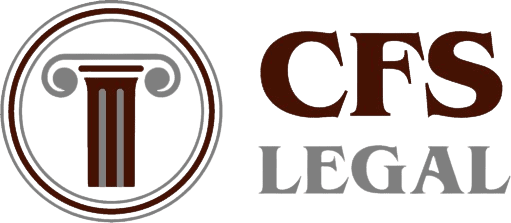When Police arrest you, they will take you back to a police station to charge you. After you have been charged, police have to decide whether to let you go or not.
If the police decide to let you go, they can either just release you and tell you when you must attend court, or release you on “bail”, meaning release you with conditions, eg, attend court on the next court date, not approaching protected person. When you get bail, you have to sign a form acknowledging your bail and its conditions before you will be released.
If the police decide to not let you go or give you bail, then you will be brought before a court. then you can ask the court to give you bail. Depending on the time of day, you may be kept in custody overnight before court opens. You have an opportunity to get free legal advice and/or representation from a duty lawyer on the day. Alternatively, you can arrange for your private lawyer to represent you.
Show cause
Show cause is the first thing the court is to consider when granting bail. Show cause offences include any offences:
- carries life imprisonment;
- an indictable offence involving sexual intercourse with a person under the age of 16;
- serious personal violence offence;
- a serious indictable offence involving a weapon;
- any offence that involves the possession, trafficking, cultivation, sale, manufacture, importation, exportation or supply of a commercial quantity of a serious drug.
The show cause requirement only applies to adults. Juveniles who are charged with serious offences do not have to show cause why they should be granted bail.
If an adult is charged with a show-cause offence and is applying for bail, the accused must ‘show cause’ why their continuing detention is not justified.
Bail concerns
After the accused is successful in showing why the detention is not justified, the court must assess whether there are bail concerns and determine whether there is an unacceptable risk, or whether appropriate bail conditions can impose to mitigate the risk.
The court could consider a few bail concerns in determining whether the cause has been shown as to why a person should not be detained, such as:
- The accused need to be at liberty to prepare the defence, maintain employment or provide and care for family;
- This is the first time the accused is in custody;
- The custody would be harder for the accused than for the average person for their medical conditions;
- The length of time they are likely to spend in custody pending trial;
- The strength of the prosecution case.
Bail conditions
Three different types of bail conditions can be imposed on bail.
Conduct requirement, the court may require you to:
- report to the police every day or a few times a week;
- live at a specific address;
- surrender your passport;
- not associated with specific people;
- not go within a certain distance of a specific place;
- obey a curfew.
Security requirement, is a condition, requiring you or another person to give ‘security’, meaning agreeing to pay the amount of money if you do not attend court when you are told. Security can be property or money.
Character acknowledgement requires a person of good character to sign a form saying they believe you are a responsible person who will obey the bail conditions.
Enforcement condition, this is to make sure you stick with one of our other bail conditions. For example, you must answer the door when police check if you are complying with your curfew, or submit to a breath test to make sure you do not drink alcohol.
Ending of the bail
Bail continues until it is changed or your court case is finalised.
Breach bail
You may be arrested and brought back to the court if you breach your bail. The police have the discretion to decide if they give you a warning or arrest you when you breach the bail. For example, if you are a few minutes late to report to the police, it is a minor breach. Police normally would not arrest you for this kind of breach. If you are taken back to court, you may or may not be given bail again.
Speak to CFS Legal’s dedicated criminal lawyers about your bail application, Email: info@cfslegal.com.au

